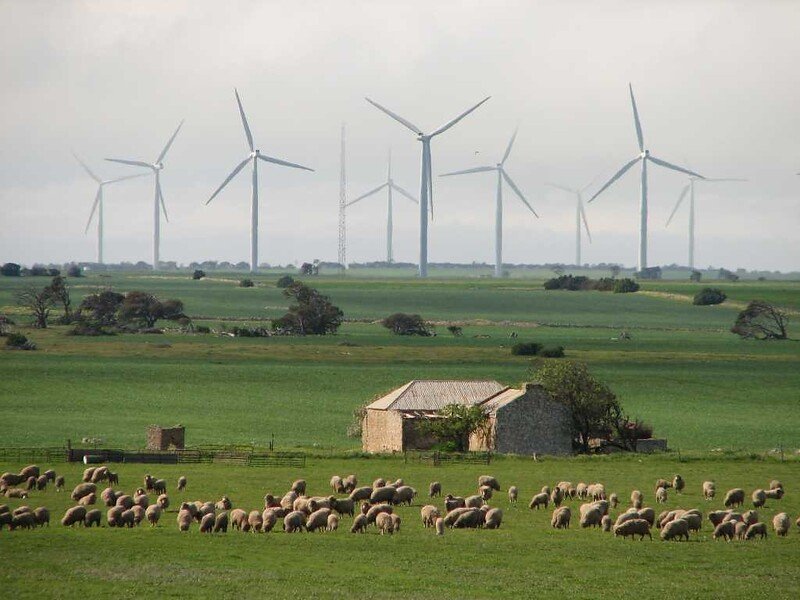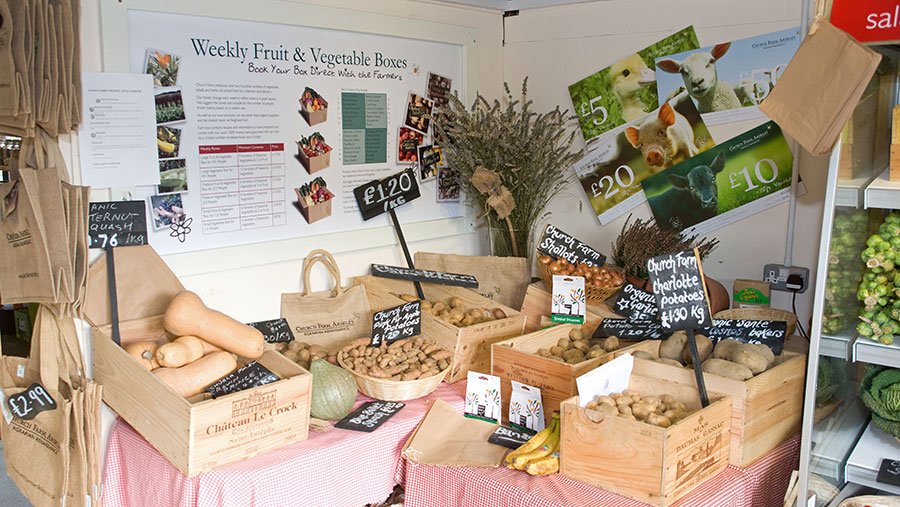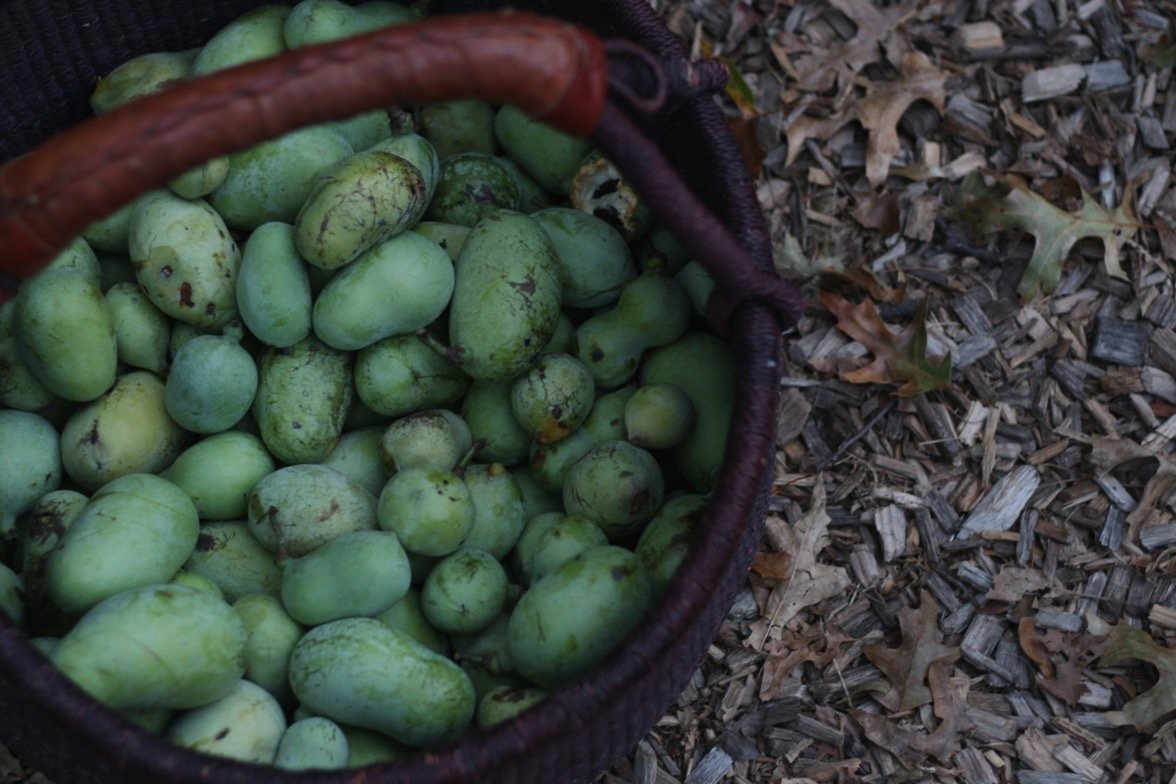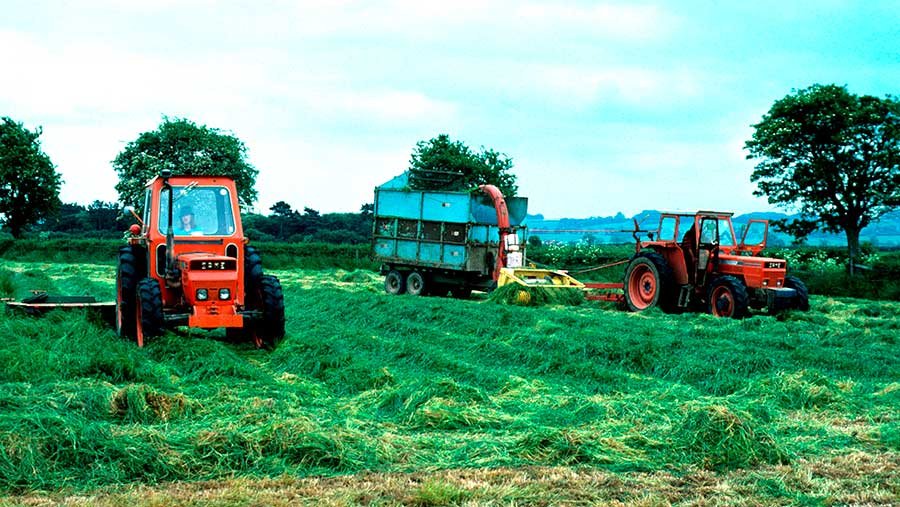- Indigenous community members from the Tiwi islands off the northern coast of Australia took Santos Limited to court, arguing that the company did not adequately consult traditional owners in its plans to drill in the Barossa offshore gas field.
- A federal court threw out the approval granted by Australia’s offshore energy regulator, noting that all relevant stakeholders were not consulted.
- The drilling to develop the $US3.6 billion Barossa gas project could threaten the Tiwi peoples’ food sources, culture and way of life, opponents say.
- If the Barossa project goes ahead, it could become one of Australia’s dirtiest gas projects emitting around 5.4 million tons of carbon dioxide yearly, estimates from the Institute for Energy Economics and Financial Analysis, show.
An Australian court set aside the federal government’s approval for major gas company Santos Limited’s drilling plans in the Timor Sea, north of the island nation, ruling in favor of Dennis Tipakalippa, an indigenous leader from the Tiwi islands.
Indigenous rights activists view it as an important precedent in court battles where Indigenous groups are fighting for their right to deny extractive projects impacting their territories.
Tipakalippa and other community members argued they were not properly consulted about the drilling plans for the $US3.6 billion Barossa gas project. The extractive activities could threaten the Tiwi peoples’ food sources, culture and way of life.
“They think they can just go ahead with drilling our sea country without even talking to us,” Tipakalippa said in a statement.
To be able to start drilling, Santos submitted an environmental plan for approval to the National Offshore Petroleum Safety and Environmental Management Authority (NOPSEMA). The judge ruled that NOPSEMA should not have approved Santos’ drilling off the Tiwi Islands. This is because Santos’ environmental plans were developed without proper consultation with all the relevant stakeholders.
The Tiwi Islands lie about 80 kilometers (about 50 miles) north of the Australian city of Darwin and are home to around 3,000, primarily Aboriginal people. The Barossa gas field lies further offshore, about 265 kilometers (about 165 miles) northwest of Darwin and 150 kilometers (93 miles) north of the Tiwi islands.
“We spend a lot of time out in the water – hunting, fishing,” Tipakalippa said. “We only ever take what we can eat in a day, no more. We respect our homelands, our sea country, and it looks after us.”
According to Santos’ arguments in court, these traditional owners from the Tiwi Islands were not relevant stakeholders in the project.

“This is a disappointing outcome,” the company said in a prepared statement shared with Mongabay, adding that they engaged with the Tiwi Land Council and the Northern Land Council about the proposed drilling activities.
The company did not respond to Mongabay’s queries about why they did not consult with Tipakalippa and his community members.
The court noted that legal requirements stipulate that each and every relevant person should be consulted, an observation that could have far-reaching implications for environmental justice cases in Australia and abroad.
“It will be directly relevant for any offshore project, and there are offshore projects all around the country,” said Alina Leikin at the Environmental Defenders Office (EDO), an Australian non-profit that represented Tipakalippa in court. “It will have implications for any potential approvals in those projects and whether the right consultation process has been followed.”
She noted that similar legal battles involving Indigenous communities are ongoing in countries like South Africa and Canada, which hinge on questions of free, prior and informed consent.
“It will become part of that broader move towards courts recognizing and upholding the interests of Indigenous people,” Leikin said.
Santos is one of Australia’s leading gas producers, and the Barossa project is the company’s largest undertaking. The Adelaide-headquartered company partnered with South Korean energy company SK E&S and Japan’s leading power producer, JERA, to develop the Barossa gas field.
The project is vital for the company which currently supplies its liquefied natural gas (LNG) plant in Darwin with gas from the Bayu Undan field in Timor-Leste. Gas supply from this field in the territorial waters of Australia’s maritime neighbor is expected to run out later this year. Gas production at DLNG using Barossa gas was scheduled to start in the first half of 2025.

However, the court victory for groups opposed to the drilling is likely to provoke delays. The court ordered Santos to stop drilling and gave the company until October 6 to bring its drilling equipment back to port.
“It is a matter for Santos to consider what the decision means for the Barossa project,” Russell Yeo, a spokesperson for NOPSEMA, the regulatory agency responsible for approving environmental plants, said in a statement to Mongabay.
An even stricter environmental assessment awaits
Santos plans to appeal the decision and is considering submitting a new environment plan for approval, the company said in its statement. It did not respond to additional queries from Mongabay about how the new environmental plan will differ from the earlier one, whose approval was struck down by the court.
“Santos will need to submit a new drilling environmental plan- which does comply with the relevant consultation criteria,” said Samantha Hepburn, professor at Deakin University specializing in environmental law. “In essence, consultation with all impacted traditional owners is required.”.
There is a chance the new environmental plan could be subject to even greater scrutiny, Credit Suisse analyst Saul Kavonic told Reuters.
“There is a risk that the regulator might broaden any review to include other considerations, such as looking at emissions, since the country’s carbon emissions targets are tighter now than when the permit was approved,” he said.

In June, a newly elected Labor government raised Australia’s Paris climate ambition and pledged to cut carbon emissions by 43% by 2030, up from 28%. It also set a deadline of 2050 to achieve net-zero emissions. Currently, the country is off track to meet both those goals.
The drilling activity will not directly contribute to carbon emissions, but Santos is yet to receive environmental approval for its actual gas production activities at the Barossa offshore site, which will have a substantial carbon footprint.
“If Barossa proceeds, it would be one of the dirtiest gas projects in Australian history,” Hepburn said, pointing to the high carbon dioxide content of Barossa gas. In the absence of mitigating measures, the Barossa project would emit roughly 5.4 million tons of carbon dioxide every year, taking into account emissions from production and processing, according to estimates from the Institute for Energy Economics and Financial Analysis (IIEFA). That’s about 1.47 tons of carbon dioxide per ton of Liquified Natural Gas.
Santos has proposed using the depleted Bayu Undan reservoir in Timor Leste for capturing and storing carbon (CCS) from the Barossa gas field. Even if CCS technologies work effectively, which is far from certain, they will curb emissions by less than 30%, the IIEFA analysis found.
Environmentalists fear that despite arguments that natural gas acts as a bridge fuel in the transition towards green energy sources, Barossa would lock the country into producing the polluting fuel for the next 20 years.
Hepburn said that with the rapid expansion of Australia’s renewables program, the importance of gas as a transition fuel is diminishing. This makes “huge carbon-intensive projects like Barossa fundamentally inconsistent with our climate objectives,” she said.
(Banner Image: Traditional leaders and indigenous community members including Dennis Tipakalippa, far right, along with EDO Senior Solicitor Jordina Rust, second from left, celebrate their court victory. Image courtesy of Rebecca Parker.)














